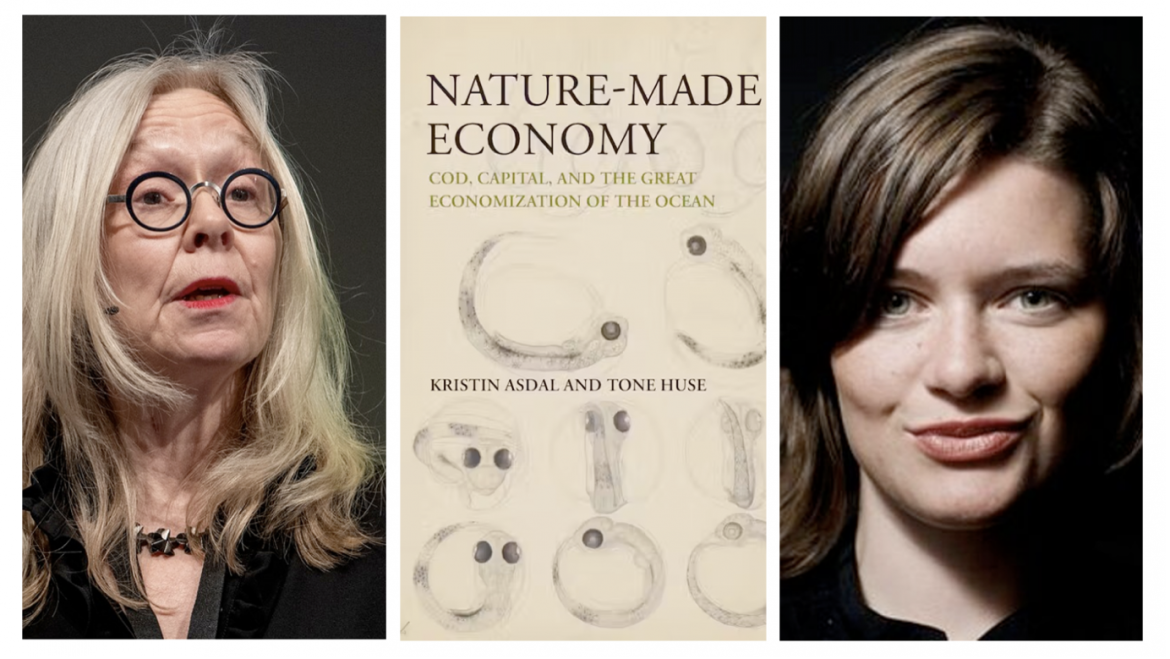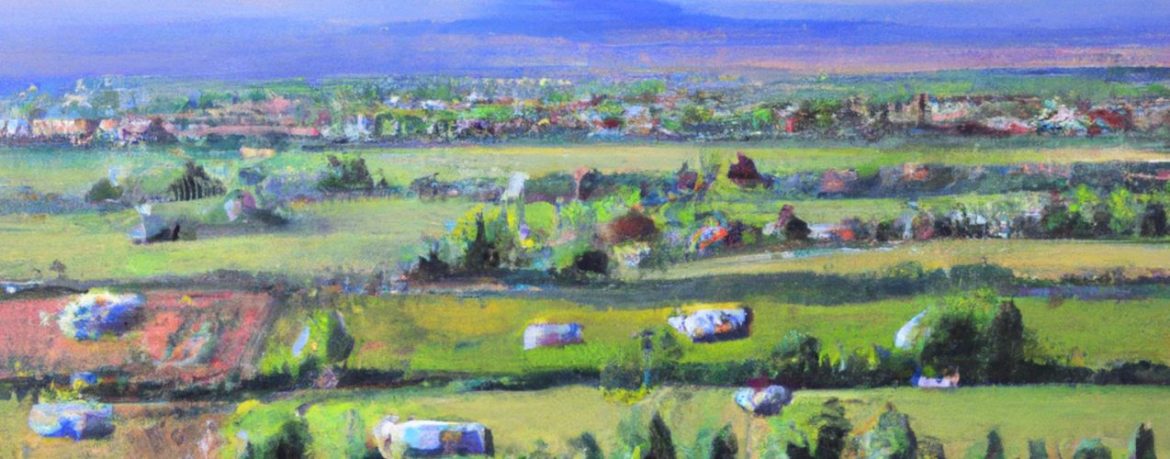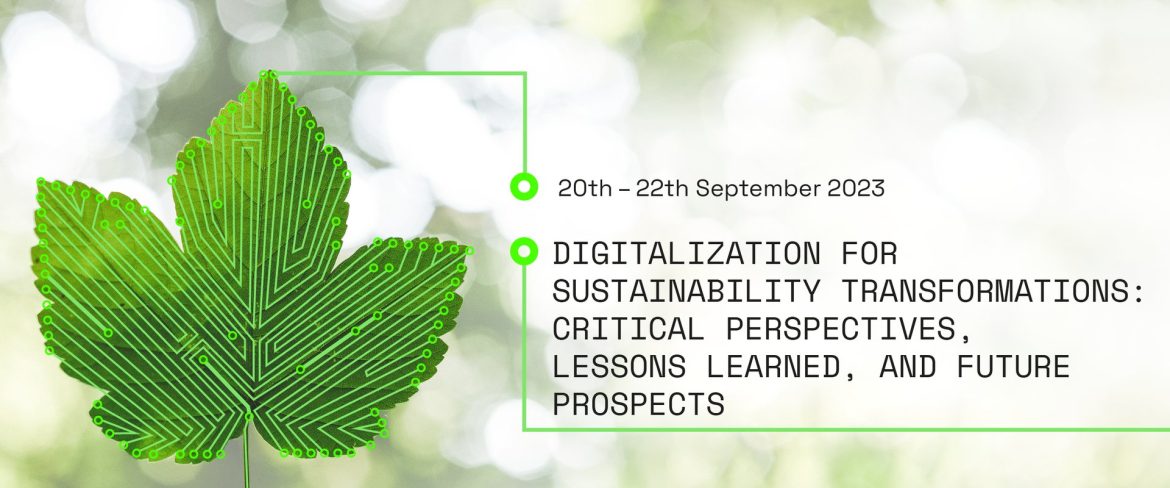Miriam Boyer and Sarah Hackfort will give a presentation on “Technology concepts in ecological economics: A lens for understanding digital technologies and green growth” at the ESEE Degrowth Conference in Pontevedra, Spain.
Abstract
In this contribution, we seek to gain conceptual clarity regarding technologies from the perspective of ecological economics. Our motivation for this inquiry is a lack of conceptual definitions of technology within the field ecological economics: While many authors in the field certainly identify a role for technology, such as a tool for reducing material throughput in society; or a role in finding substitutes for particular materials, a concept of technology, is largely missing. This is a surprising omission, due to the key role that technologies play in shaping societies’ how societies interact with nature. Inspired by concepts from the field of ecological economics, we suggest some building blocks for such a concept of technology. This includes technology as mediator of “the relationship between ecosystems and economic systems in the broadest sense” (Costanza, 1989). Moreover, given ecological economics’ attention to materiality— including the material components of society, economic activity in terms of biophysical flows corresponding to and reflecting societal relations of power, production, culture, etc.— we end up with a concept of technology that encourages us to think of particular technologies in terms how they define the relationship between society and nature in its material dimensions. Based on these conceptual building blocks, we offer some insights into a particular technological relationship: digital technologies and green economies. This relationship is explored in a Special Feature on the materiality of digital technologies in green economic contexts.









